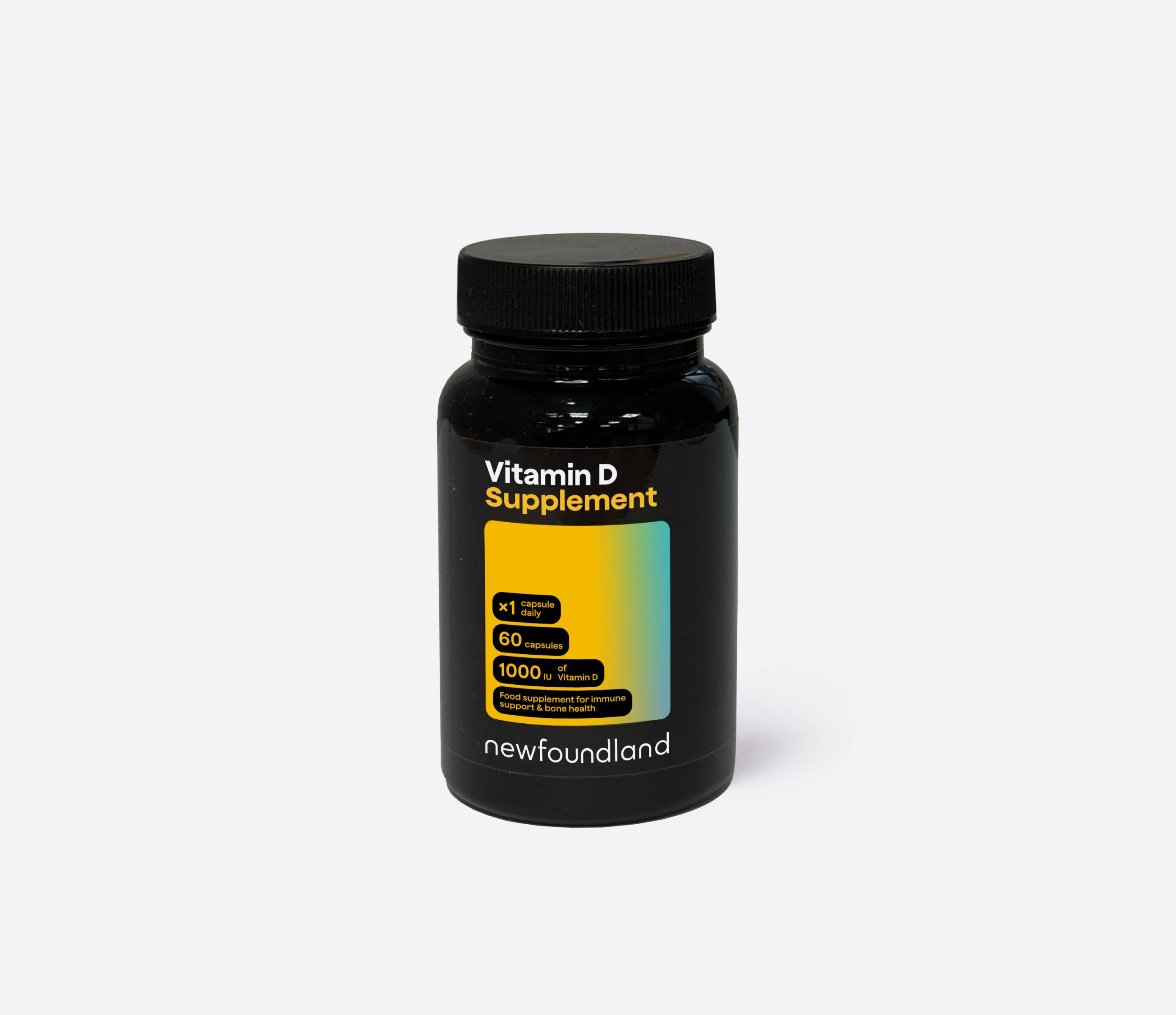As we grow older, many of us become increasingly aware of our health and ways to slow the signs of ageing. Recent scientific research suggests that vitamin D might play a crucial role in protecting our DNA and potentially slowing cellular ageing.
In the UK, around 20% of adults face vitamin D deficiency, particularly during autumn and winter when sunshine is scarce. Vitamin D isn't just important for healthy bones and immune function; emerging research also points to its role in preserving the integrity of our DNA. This makes regular monitoring of vitamin D levels even more significant for long-term wellbeing.
According to recent findings published in Scientific American, vitamin D supplements could help slow the ageing process at a cellular level by protecting telomeres - the protective caps at the ends of our DNA strands. Every time a cell divides, telomeres naturally shorten, contributing to ageing. Vitamin D appears to help maintain these telomeres, potentially slowing down cellular ageing. Although more research is needed to fully understand the mechanisms, the early evidence is promising and indicates that optimal vitamin D levels could play an important role in healthy ageing.
Due to Britain's northern latitude, exposure to sunlight - and thus natural vitamin D production - can be limited, especially during colder months. This seasonal challenge contributes to widespread vitamin D deficiency. Regular home testing can be invaluable in helping individuals identify potential deficiencies early and manage their vitamin D levels effectively throughout the year - that’s where we come in!
A simple finger-prick blood test at your convenience and results within 10 minutes enable you to take proactive steps to optimise your vitamin D levels with confidence.
Once you have clarity about your vitamin D levels, you can take meaningful actions. These include increasing safe sun exposure, incorporating vitamin D-rich foods like oily fish and fortified products into your diet, or considering vitamin D supplements (link below to a good one) under the guidance of a healthcare provider.
